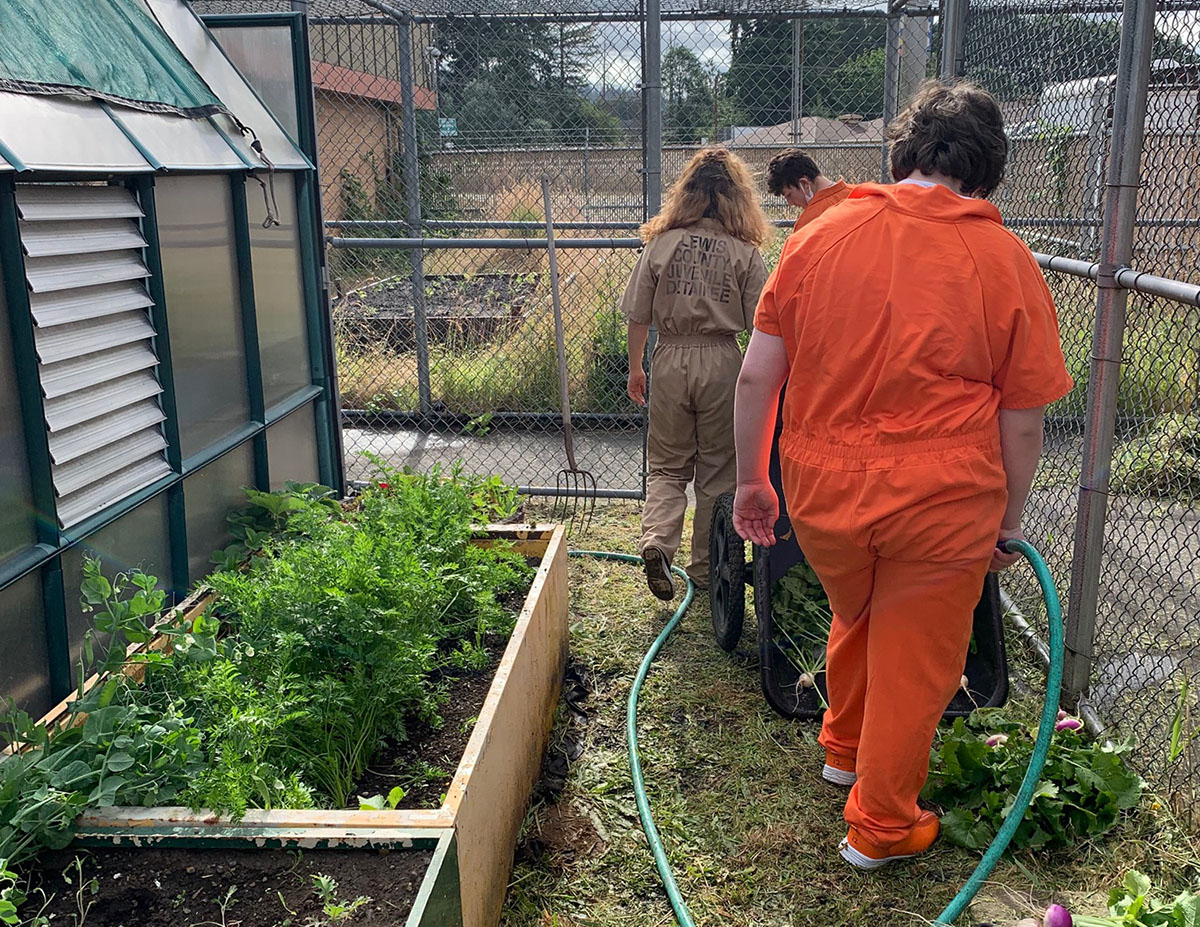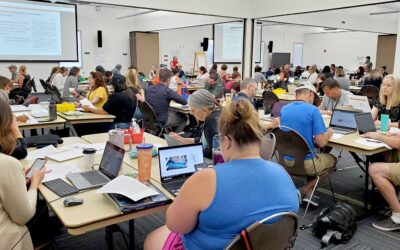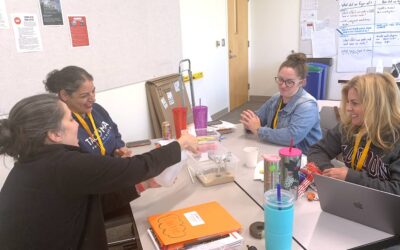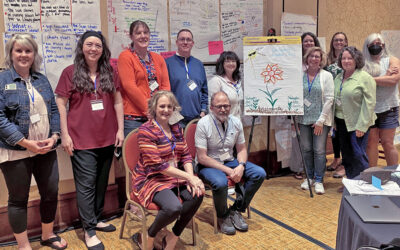“Somebody should give Rachel Stendahl a medal.” That’s what a comment from a stranger on an article in The Daily Chronicle said about her achievements in education. Six years after starting her Adjudicated Youth Environmental Science Program for Lewis County and Thurston County Detention Centers, she finally got that medal. “It was kind of a full-circle moment for me,” says Stendahl. “It felt good to be recognized, especially working through this pandemic.”
Stendahl received the 2021 Green Medalist Award from EarthGen; a statewide, nonprofit organization focused on environmental and justice inequity education.
Part of this program brings her to the aforementioned detention centers, where she provides a science curriculum to the students there through workshops. She doesn’t do it all on her own, however. Mike McDonald, a paraprofessional with the Chehalis School District, worked with the students on the on-site garden prior to her arrival. The two teamed up, and they’ve been a formidable force ever since. “He’s the real expert in terms of the hands on the ground. It’s really Mike who’s put in all this work with this beautiful garden.” “The look on a kid’s face when they’ve never eaten a fresh piece of broccoli, or radish, or tomato, or didn’t know that a cucumber is a pickle; that end of it I really love,” McDonald says. “There’s a lot of studies about how gardening is calming and brings out a lot of nurturing characteristics, which is especially good for incarcerated individuals,” remarks Stendahl.
Before the pandemic, Stendahl would try to do at least two workshops a month, supplying the materials herself. Topics included salmon lifecycles, climate change, water quality, owl pellets, and more. Every so often, she invites environmental professionals in to lead a lesson.
One such example is the Pacific Shellfish Institute who is a regular guest. They bring along everything from plankton and microscopes to mussels in tanks. The students have also been treated to learning about salmon by the Nisqually River Education Project. Salmon are brought in, dissected, and studied. Water quality is the basis of the watershed program and Stendahl’s favorite topic. Every so often, she’ll bring in tests and water from nearby areas and compare the results with other students’ data.
Stendahl is proud of the program that she’s been able to build. She says it’s her favorite part of the job. This program means a lot more to her than just teaching science and gardening with the kids. Her favorite part of the job is just being there and supporting the kids, especially those who may not have as much support in their home lives. “Sometimes I come down and maybe my lesson plan is a little thrown together,” admits Stendahl. “But I’m there and that’s what matters.”




